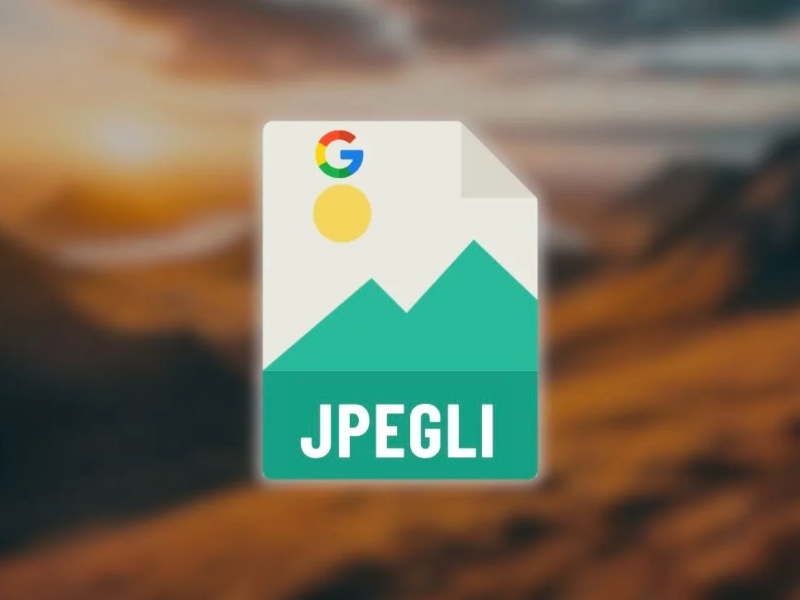- Google has introduced Jpegli, an open-source encoding library, to address drawbacks of JPEG compression.
- Jpegli promises improved compression ratios while maintaining high image quality.
- Its compatibility with existing tools and potential integration into Google products suggest widespread adoption.
For a long time, the JPEG format has been one of the mainstream formats for image compression, but it also has notable drawbacks: when compressing images, there is often a loss of image quality, and compression artifacts may occur. Recently, Google released an open-source encoding library called Jpegli, which aims to address these challenges.
Also read: Google and Stanford researchers launch AI fact-checking tool
Also read: Google.org launches generative AI accelerator for nonprofits
Jpegli emerged from the need for website optimisation
To improve webpage loading speed, a balance needs to be struck between the compression ratio and image quality. Jpegli claims to provide better compression ratios than existing methods while maintaining high-quality images, with a potential improvement of up to 35%. Importantly, Jpegli is fully compatible with existing JPEG encoders and decoders and supports common 8-bit formats, as well as optional 10-bit and higher formats (which can reduce compression artifacts).
Google states that Jpegli can provide higher image quality than traditional encoders at the same bitrate. For example, in tests, Jpegli showed better image quality at 2.8 BPP bitrate compared to libjpeg-turbo at 3.7 BPP, with the latter having a bitrate 32% higher than Jpegli.
Its core lies in using new technologies to better reduce image noise
Google has not disclosed much about the operation of Jpegli, but its core lies in using new technologies to better reduce image noise and preserve more details in smaller files. Some of these techniques are derived from Google’s previous research on the JPEG XL format.
Thanks to these technologies, Jpegli can compress file sizes while maintaining excellent image quality and is fully compatible with existing browsers and other image processing tools.
It may be integrated into Google’s own products
Jpegli is now open-source on Github for further research by interested developers. For regular users, this technology means faster image loading and less data consumption when browsing websites in the future. While Google has not announced specific plans, it is widely believed that Jpegli may be integrated into Google’s own products, such as Google Photos. If image storage space can be reduced by 30% while maintaining the original quality, this will greatly reduce the burden on Google’s servers.

